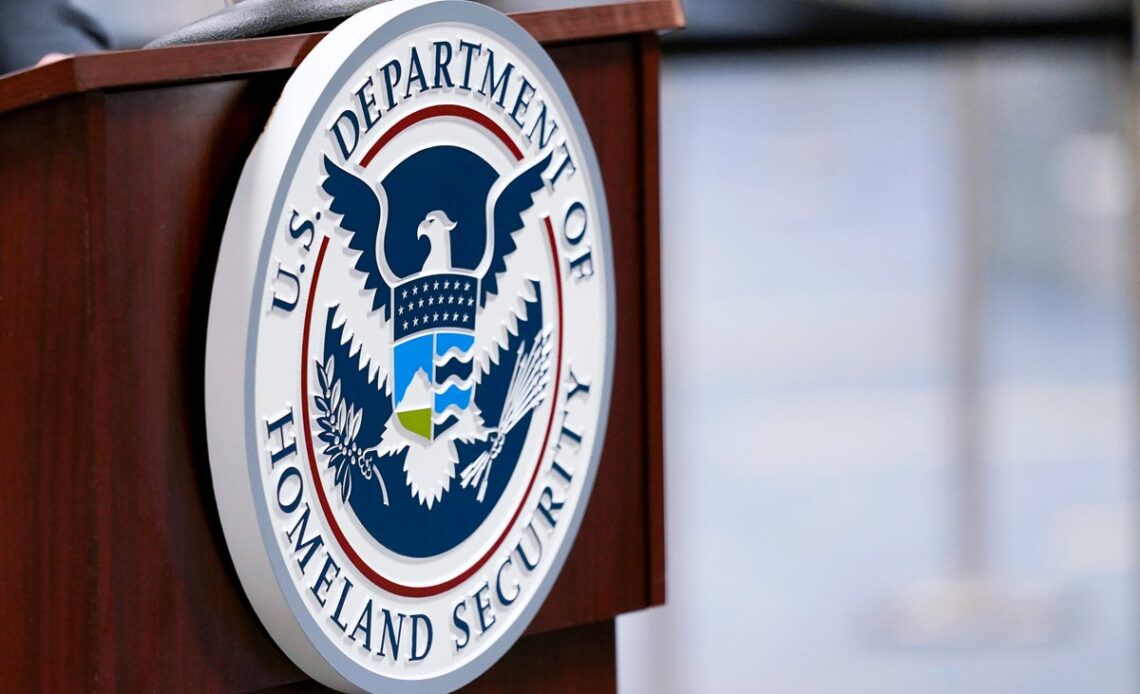An Australian teen says he was thrown into a US federal prison for more than a week and described its shocking conditions after US officials apparently misunderstood his desire to return to his home country.
Cameron Carter, 19, was interviewed by The Guardian about his experience and portrayed a system marked by both callousness and incompetence.
The teen told the newspaper that he misunderstood US immigration law and was attempting to interview for a job in Wyoming while traveling in the country for the first time under the Visa Waiver Program (VWP). The VWP is a federal provision that allows citizens of dozens of countries including Australia to travel in the US for business or pleasure for 90 days without acquiring a visa. But those who use the program are not allowed to use it to begin the process of immigrating to the US.
Normally, such a situation would have been resolved by placing the teen back on a flight to his home country. But for some reason Mr Carter says that US officials misinterpreted his worries about wasting money on a plane ticket to mean that he was resisting deportation — resulting in him being thrown into prison for 10 days while he awaited a hearing before a judge.
The teen says he was eventually allowed to return to Australia, but only after US officials placed him on a flight to the wrong city. For days, he languished in a federal detention facility where he says he could not eat offered meals and only had access to water via a broken fountain on top of his toilet, drinking from his hands.
Customs and Border Protection agents coudl not answer questions from The Independent about where Mr Carter was held, why he was not allowed to return home for so long, and why his family was unable to receive timely information about his condition. The agency was in charge of Mr Carter upon his initial interaction with US personnel, but detentions are managed by US Immigration and Customs Enforcement (ICE).
“The United States has been and continues to be a welcoming nation. U.S. Customs and Border Protection (CBP) not only protects U.S. citizens and lawful permanent residents in the country but also wants to ensure the safety of our international travelers who come to visit, study and conduct legitimate business in our country. Due to Privacy Act limitations, we are not at liberty to discuss an individual’s processing,” said the agency.
The US consulate in Australia “couldn’t tell us anything. We weren’t allowed to speak to him,”…
Click Here to Read the Full Original Article at The Independent Travel…
